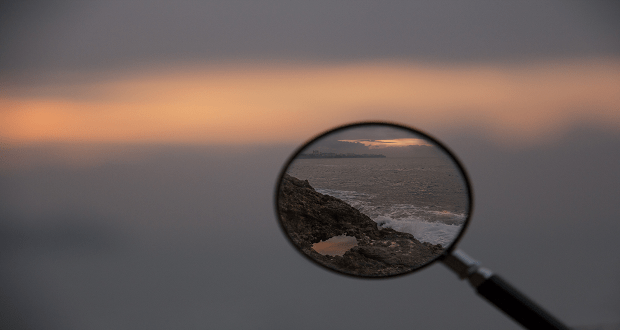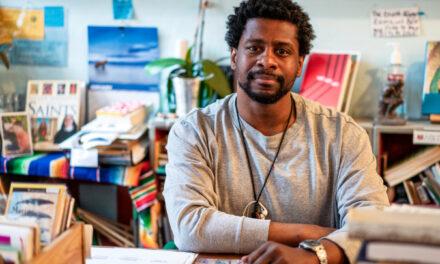
Last week, The Winters Group had their annual strategic planning retreat in the beautiful country of Panama. All I shall say is, the trip was by far one for the record books! We were able to enjoy the presence of our colleagues and loved ones — while still working behind the scenes (literally😊). Many relationships were refreshed, as well as new ones established. We had the opportunity to immerse ourselves in Panamanian culture, and learn about their industrial, indigenous, and black history (Afro-Panamanian). The Panamanians I encountered had high esteem for their heritage, were very honest, kind, and had a great sense of gratitude for life.
Though the retreat was multi-fulfilling, there were two situations that left me feeling disappointed, and in some ways, shocked and in disbelief. Both these encounters were reminders of the veil of racism and cloak of white privilege. They were reminders that the impact of racial bias has no borders. These situations were somewhat of a ‘reality check.’
The first incident involved several Black men who were part of our group. Upon entering an “exclusive members-only” pool area—of which we were part of and had access to—they were questioned by a white man, who was also just a resort guest. I found it interesting that another resort guest felt compelled and privileged enough to challenge the belongingness of another resort guest. To my surprise, when the men in our group confirmed they “belonged,” the other resort guest left the area.
On our way back to the states, myself and a colleague were proceeding through a security check-point at our gate in the Panama airport. At the checkpoint we were asked to remove our laptops, shoes, and screen our bags (This is a routine check that takes place in most airports!). The security officer giving us instructions was a darker skinned, Afro-Panamanian woman. While complying with the instructions, we witnessed a white woman in line have, what I interpreted as, a “privilege” tantrum — all because the security personnel instructed her to take the case off her iPad. When the white woman went to retrieve her belongings, which were in close proximity to myself and my colleague (as we were collecting our belongings too), she hastily snatched away her things—as if she were concerned that we would steal them.
Both events were disheartening to say the least. Perhaps it was naïve of me to be in shock or surprised. Nonetheless, they were both a reminder of why the work we do around bias, cultural competence, and race is so critical.
In light of my experience and reflection, I wanted to resurface a resource that Mary-Frances Winters wrote a few years back, that explores how we can begin to uncover and manage our own biases:
- Assume that you have them. We all do.
- Conduct research on yourself. What are some behaviors that suggest you may have some hidden biases about particular groups.
- Do you hire the same type of people all of the time?
- Is your circle of friends fairly homogenous?
- Do you find racial/ethnic, gender, LGBT differences something that you would rather not talk about or address?
- Do you laugh at jokes about other groups?
- Make a list of groups that are different from you and your group. It is human nature to be more positive about groups we are a part of than those we are not. The Winters Group conducts an exercise where we have participants self-select into three groups: Friendly helper, Logical thinker or Tough battler. After brainstorming adjectives that describe the group they chose, we ask them to come up with adjectives that describe one of the other groups. Invariably, the list of adjectives for their group are more positive than those for the other group. It follows basic “in-group/out-group” theory.
- Do you interact with these groups?
- Do you know much about these other groups?
- What adjectives would you use to describe the other groups on your list?
- Ask a trusted friend or associate how he/she perceives you. It is often hard for our friends, family and associates to give us honest feedback. Let them know that you really do want to know.
- What are some behaviors that they may have noticed that would suggest you have unconscious bias about a particular group?
- Examine your worldview.
- Do you tend to think in absolutes…right and wrong…good and bad or do you think more in relative terms? Something may not be right for you, but can you understand how it could be right for others?
- Do you tend to make quick judgments about what you see or are you more reflective until you have additional information?
- When you see behaviors that are different, do you interpret them from your cultural lens or do you describe in neutral terms until you have additional information?

















